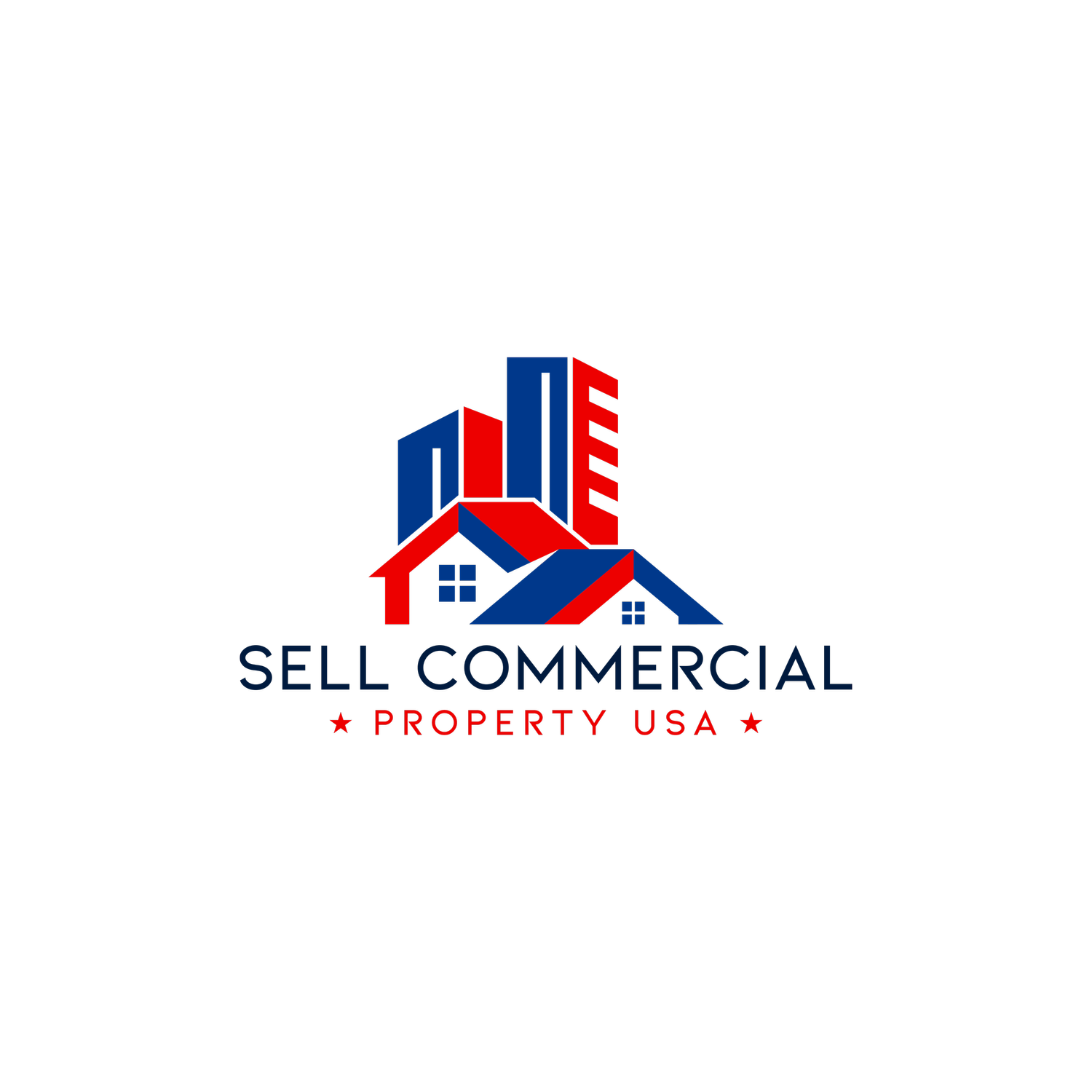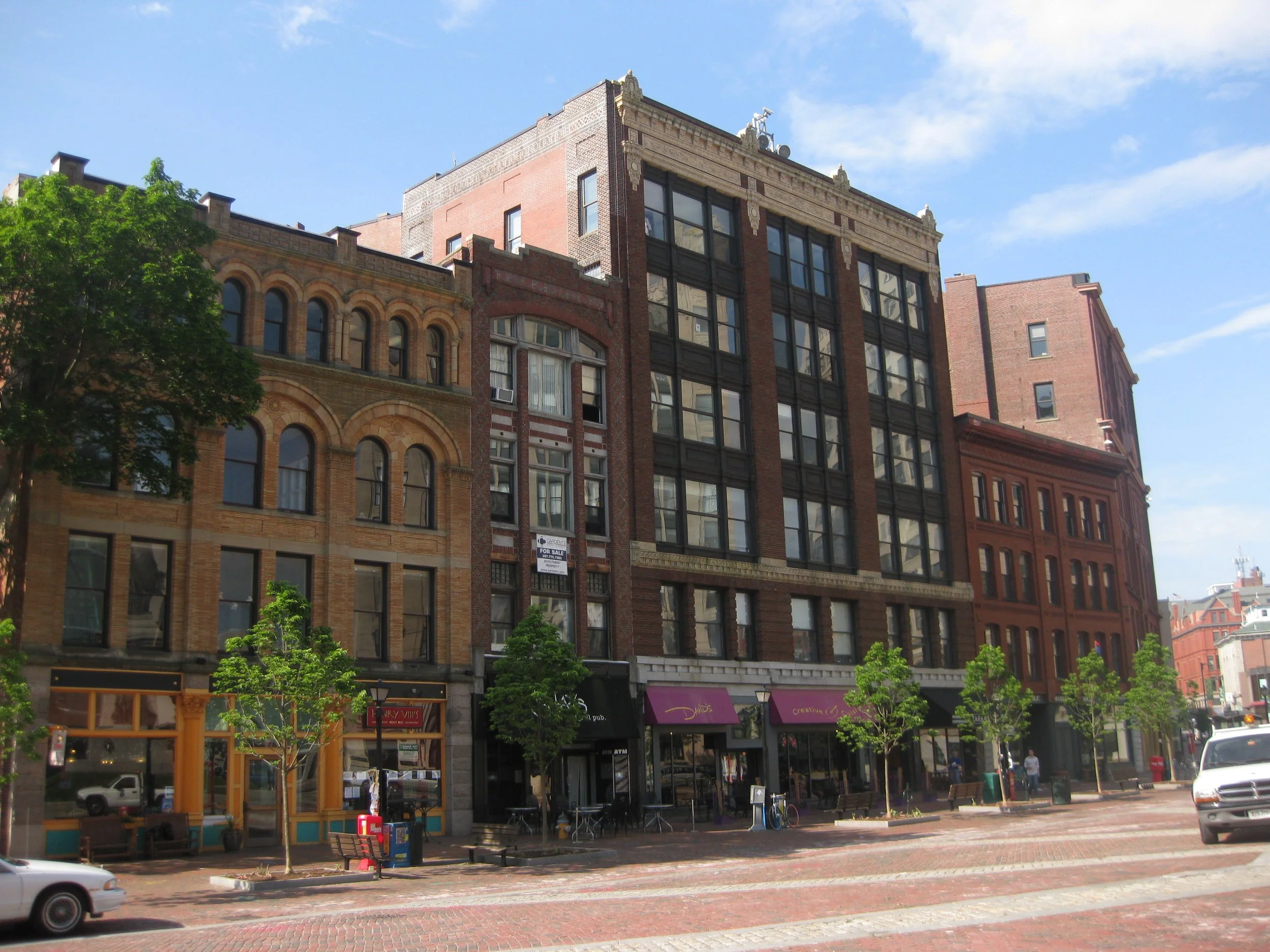How to Sell an Inherited Commercial Property
Inheriting commercial property can feel like both a blessing and a burden. On one hand, it represents a valuable asset; on the other, it often comes with unexpected responsibilities, costs, and difficult decisions. Many heirs quickly realize that managing, renovating, or leasing a commercial building isn’t practical—especially if they live out of state, already own other properties, or simply don’t want the hassle. In these cases, the smartest solution may be to sell the inherited commercial property as-is.
While there are several ways to sell, more and more property owners are finding that working with cash investors in commercial real estate is the fastest, simplest, and most reliable path forward.
Challenges of Selling Inherited Commercial Property
Before diving into why cash buyers are often the best choice, it helps to understand the obstacles heirs face when trying to sell inherited property through traditional methods:
Complex Legal Processes
Inherited commercial properties may be tied up in probate or shared ownership among multiple heirs. This can create delays and disagreements when trying to list and sell.High Carrying Costs
Commercial buildings come with ongoing expenses like property taxes, insurance, utilities, and maintenance. For heirs who don’t plan to keep the property, these costs can quickly eat into profits.Potential Repairs and Renovations
Older or neglected commercial buildings may need costly updates to attract traditional buyers. From roof repairs to code compliance, the investment can be overwhelming.Longer Time on the Market
Commercial properties usually take longer to sell than residential homes, especially if they need work or are in less desirable locations.Management Burdens
Vacant commercial spaces require security, upkeep, and sometimes city code compliance. For heirs who aren’t landlords, this can be stressful and time-consuming.
Why Sell As-Is to a Cash Investor?
When it comes to selling inherited commercial property, cash buyers offer solutions to almost every common challenge. Here’s why many sellers lean toward this option:
1. Fast and Reliable Closing
Cash investors don’t rely on bank financing, which means fewer delays and no risk of deals falling through due to loan approval issues. Many transactions close in as little as 2–4 weeks, compared to months with traditional sales.
2. No Costly Repairs or Renovations
Selling “as-is” means you don’t need to fix leaky roofs, update outdated electrical systems, or bring the building up to code before closing. Investors are willing to handle those improvements themselves.
3. Avoid Ongoing Expenses
By selling quickly, you avoid months (or years) of carrying costs like insurance, property taxes, or utility bills. This is especially important for vacant or underperforming properties.
4. Simplified Legal and Paperwork Process
Experienced commercial investors are familiar with inherited properties, probate sales, and co-owned situations. They can help streamline the paperwork and even work with attorneys to ensure a smooth transfer.
5. Certainty and Peace of Mind
When you inherit property, uncertainty can be stressful. Cash buyers provide a guaranteed sale, allowing you to settle the estate, divide assets among heirs, and move on without drawn-out complications.
Who Are Commercial Cash Buyers?
Cash buyers for commercial real estate typically include:
Private investors seeking long-term rental income or redevelopment opportunities.
Commercial real estate firms expanding their portfolio of office, retail, or industrial spaces.
Developers interested in repurposing or demolishing older buildings for new projects.
These buyers are not only willing to purchase properties as-is, but they also bring the experience and capital to take on challenges that traditional buyers avoid.
Is Selling to a Cash Buyer Right for You?
Selling inherited property is rarely easy. Heirs may feel emotional ties to the building, or disagreements may arise about whether to keep, lease, or sell it. But if your goal is to eliminate the burden quickly and walk away with cash in hand, then selling to a commercial investor is often the most practical choice.
You may not get the absolute top market price compared to a fully renovated property, but the benefits—speed, certainty, and zero repair costs—often outweigh the difference. For many heirs, the peace of mind and financial relief far exceed the hassle of chasing traditional buyers.
Conclusion
Inheriting a commercial property can bring as many challenges as opportunities. While traditional real estate sales can be drawn out, expensive, and stressful, selling inherited commercial property as-is to a cash investor offers a faster, cleaner solution. By avoiding repairs, carrying costs, and financing delays, you can close quickly and move forward with confidence.
If you’ve recently inherited a commercial building and don’t want the stress of managing or repairing it, consider working with a cash commercial property buyer. It may be the best decision you can make to simplify the process and secure a fair, hassle-free sale.

